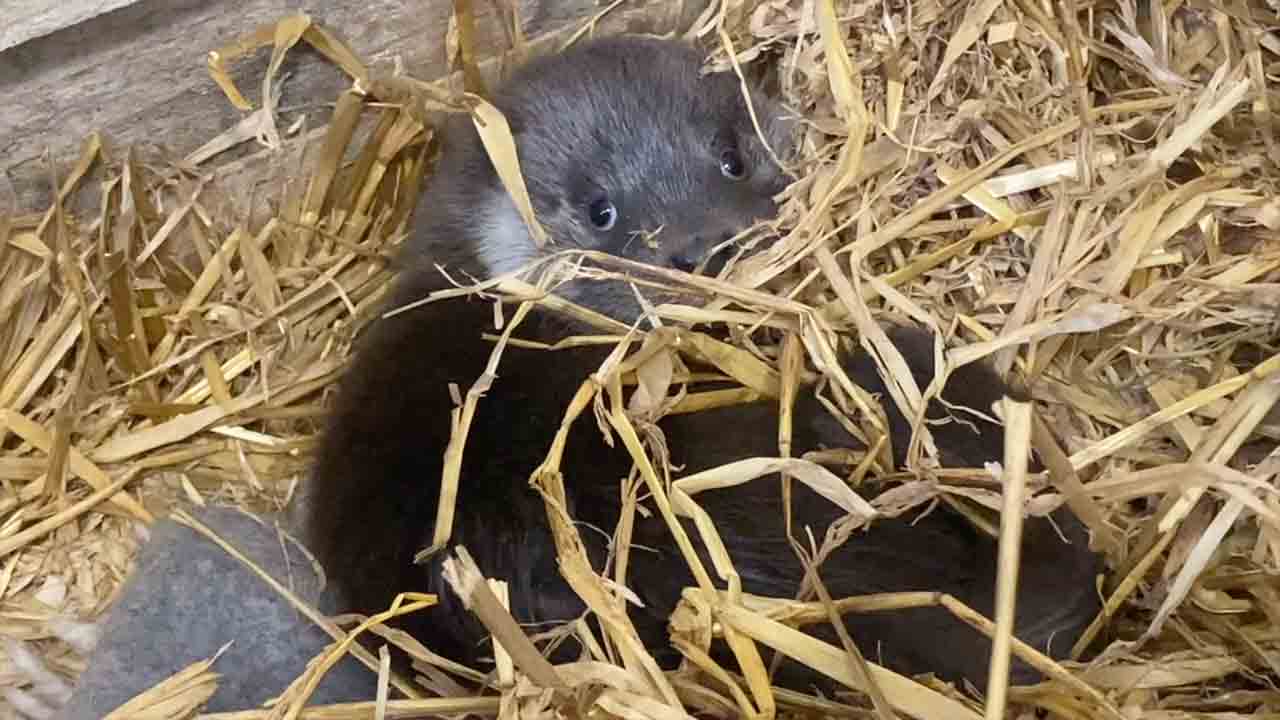Emergency Contact Information:
Hillswick Wildlife Sanctuary
Telephone: 01806 503 348
Mobile: 07776 046 454
Scottish SPCA
Telephone: 03000 999 999
Advice on helping animals in distress:
-
Seals
If you find a seal which looks like it needs help:
- Do not chase the seal back into the water. It will be on land for a good reason and if there is nothing wrong with it, the seal will make its own way back to the sea.
- Do not touch it. Seals are wild animals with very sharp teeth and they can turn and bite you surprisingly quickly.
- Keep children and dogs at a safe distance.
- Contact us (details above) with your name and contact details, with a description of where the seal is.
- Give us a detailed description of the size and condition of the seal, and send us a photo if possible.
Shetland has two types of resident seal.
Common seals are born between May and July. The pups are speckled grey, black or silver and usually stay with their mother for the first six weeks of their lives, after which they fend for themselves.
Atlantic grey seals are born from October onwards, sometimes as late as February. The pups have a white coat, which they begin to moult when they are around three weeks old, by which time their mother has left them.
If you see a seal pup on its own on the land, watch out for a mother which may be in the water nearby.
-
Entanglement
Unfortunately seals occasionally become entangled in abandoned fishing gear or other discarded waste, which can cause serious injuries and even a slow and painful death.
If you see an entangled seal (or any other animal):
- observe from a distance
- keep other people, children and dogs away
- phone us immediately (contact details above)
- take a photo and send it to us
- do not attempt to free the animal.
It is important not to frighten the seal back into the water, as this will prolong its distress and perhaps lead to its death.
-
Otters
If you see an otter in need of help:
- Do not approach the otter, but keep your distance. Otters are wild creatures with very sharp teeth, and are easily frightened. A mother will abandon her cub if it has had contact with a human.
- Keep children and dogs at a safe distance.
- Contact us (details above) with your name and contact details, with a description of where the otter is.
- Give us a detailed description of the size and condition of the otter, and send us a photo if possible.
Otters can be born at any time of year and will spend their first year with their mother. Many otters are killed on Shetland’s roads so if you find an otter cub it may well be orphaned. The most important thing is to keep a close eye on it from a distance and make contact immediately. If its mother returns and finds it has been handled, she will abandon her cub.
-
Cetaceans
Unlike seals and otters, whales, dolphins and porpoises can not survive on land. If you find a stranded cetacean, do not hesitate to make immediate contact with HWS or Scottish SPCA who will organise the network of volunteers to assist.
-
Other Species
HWS is only equipped to rescue and rehabilitate marine mammals. If you find any other creatures in distress, please contact Scottish SPCA (details at top of page)
